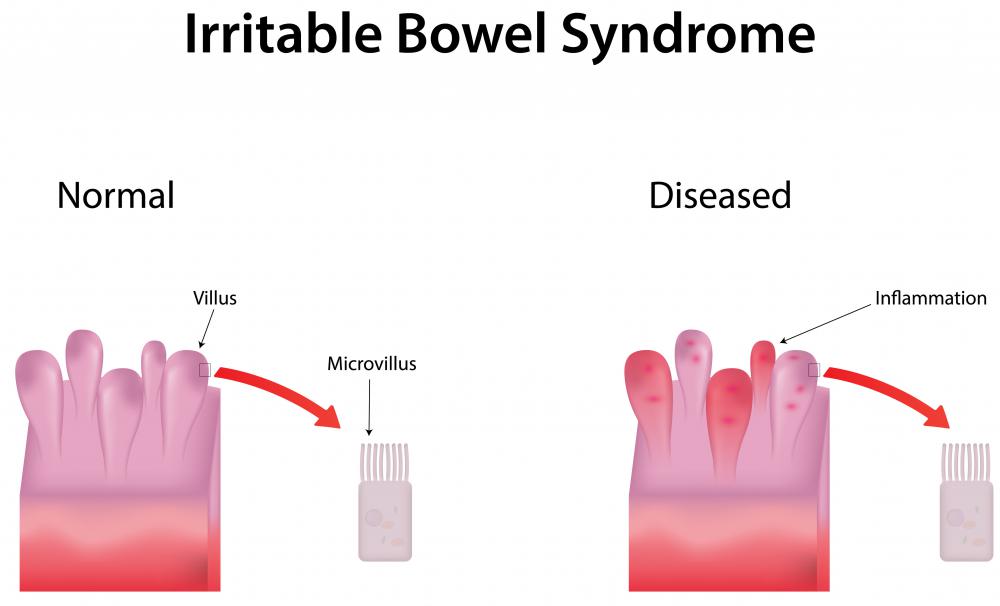At WiseGEEK, we're committed to delivering accurate, trustworthy information. Our expert-authored content is rigorously fact-checked and sourced from credible authorities. Discover how we uphold the highest standards in providing you with reliable knowledge.
What is Lactobacillus Casei?
Lactobacillus casei, or L. casei, is a type of healthful bacteria classified as a probiotic. Like many probiotics, it naturally grows in the human body, but is also found in various dairy products and some fermented foods and beverages. L. casei does not require oxygen, but does need certain nutrients and minerals in order to grow. It is promoted for both its benefits to the human digestive system and the immune system. Though most often ingested through the consumption of yogurt, it is also available in supplements that boast large numbers of microbe colonies.
Probiotics, the classification of microorganisms to which lactobacillus casei belongs, are usually strains of bacteria. They are found in milk, yogurt, miso, tempeh, certain soy products, and some beverages. Most are acclaimed for having positive effects on the human body, particularly the digestive system. Some probiotics, including L. casei, also aid in the absorption of nutrients. Only limited studies, however, uphold these claims within the scientific community.

Like many probiotics, lactobacillus casei is anaerobic, meaning that it does not require oxygen. Under a microscope, the individual organisms appear rod-shaped. Nutrients and minerals such as riboflavin, niacin, folic acid, calcium pantothenate are required for the growth of L. casei to take place. Several different strains of lactobacillus casei exist, varying with growth conditions.

This probiotic grows naturally in the human mouth and intestines, but is also found in various food products. Many brands of yogurt contain lactobacillus casei, as does milk, fermented cheeses, and naturally fermented pickles. Vinegar brined pickles, however, create an acidic environment that kills it. A few yogurt brands actually list this and other probiotic strains on its packaging and in their marketing materials, though many brands simply note the existence of unnamed active cultures.

Aside from naturally occurring lactobacillus casei in foods and in the human body, this probiotic may also be purchased in supplement form. Capsules and chewable tablets are available at supermarkets, health food stores, pharmacies, and drug stores. Each capsule is likely to contain billions of microbes, though exact numbers will differ by brand.
Due to its resistance to bile and gastric acid, lactobacillus casei is able to pass through the gastrointestinal tract with ease. Its residence in the digestive tract tends to be quite temporary. Many types of bacteria remain in human and animal digestive systems indefinitely, though L. casei generally only remains for up to ten days. Certain strains have been noted as helping to control diarrhea. As many strains promote an anti-inflammatory effect, lactobacillus casei is considered beneficial in aiding the relief of both irritable bowel syndrome and irritable bowel disorder.
AS FEATURED ON:
AS FEATURED ON:













Discuss this Article
Post your comments